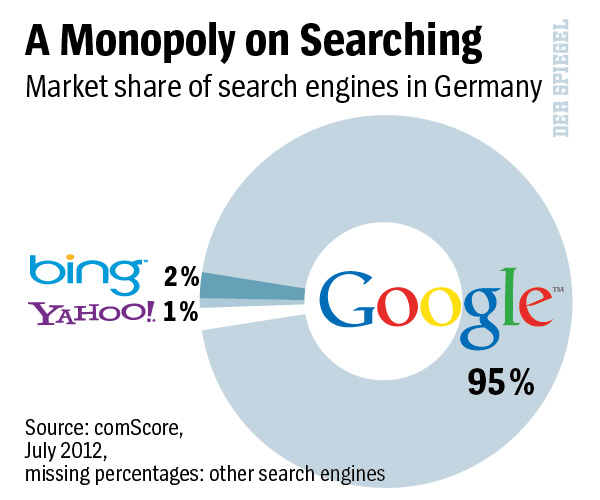ALL Accor - “Don’t be a Guest, be a Guest Star” (2025)
ALL Accor’s new campaign, “Don’t be a Guest, be a Guest Star,” features Kylian Mbappé arriving at a


We already know Google's record of non-engagement when it comes to piracy. But just in case you don't, the short hand version is: Google's record of dealing with piracy have so far been a "cake and eat it too," methodology. That is, benefit its advertising platform business at the expense of artists, while simultaneously giving artists a chance to spend what little free hours they have chasing down offenders.
With this week comes the news comes that google worked closely with California's governor to allow trials of driverless cars on the state's streets.
Google was influential in pushing through this agenda. Why? Why are brands shaping our legislation? But not just brands. Huge honkin' monopolistic brands?
Google co-founder Sergey Brin thinks "..the self-driving car can really dramatically improve the quality of life for anyone...," but according to whom?
Google, for starters. Is it because they are trying to be the first in on the game? And what easier way to do so then to have the law makers in your back pocket before the science fiction becomes reality. And even if, according to this Businessweek article, "The Alliance of Automobile Manufacturers expressed concern that California is moving too quickly to embrace self-driving cars and needs to first sort out liability issues," one can assume Google feels like it never hurts to plan.
BUt I get it. Self-driving cars is cool to you. It's very Blade Runner-era. Maybe it's not a big deal that Google is influencing California and Nevada's laws.
Let's switch over to Germany for a second.
According to Der Spiegel, even though Google has only just now officially opened its Berlin office, it has
..long been active in the German capital in its bid to influence government Internet policy. Its subtle approach to lobbying involves building an opaque network of PR professionals, activists and academics -- and its efforts are paying off.